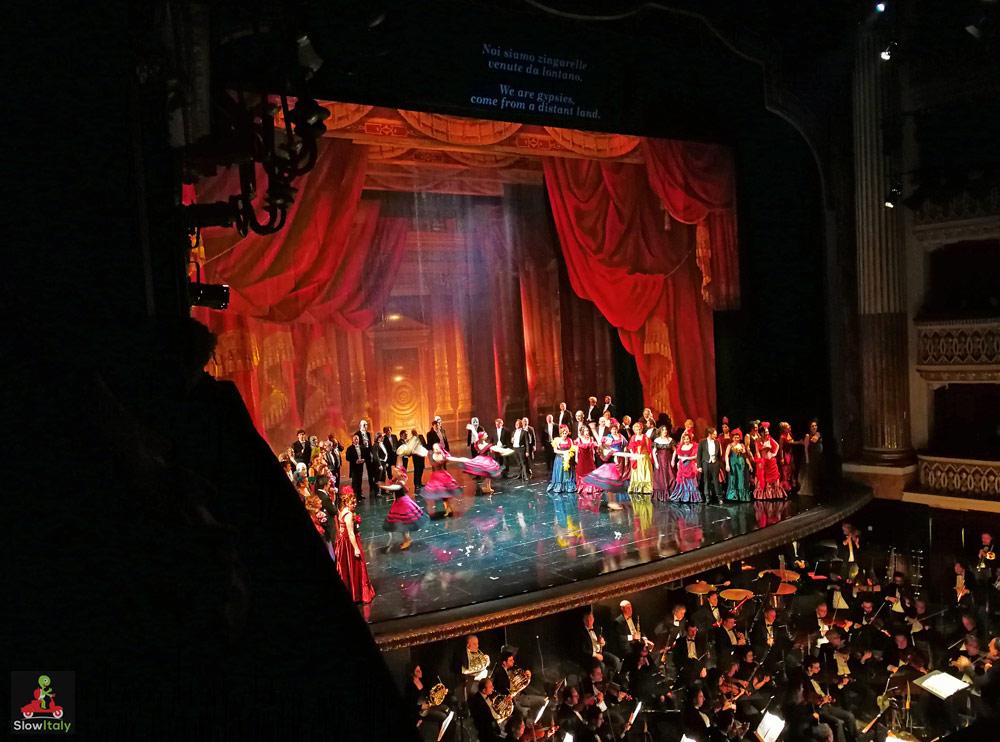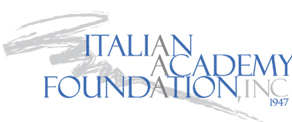Italian Opera Given UNESCO Heritage Recognition

Italy selected Italian opera singing over its beloved ‘caffe‘ as the country’s heritage recognition for UNESCO (United Nations Educational, Scientific, and Cultural Organization). This means that this unique art form was elevated to the level of a national symbol, representing Italian culture to the world.
For the 2022 Italian cultural candidacy, there were two runners up: Italy’s signature coffee (espresso) and the art of opera singing. The Italian National Committee for UNESCO decided to go forward with Italian opera singing for its rich history and evocative artistry. In Euronews.culture, Italian culture minster Dario Franceschini, said, “Italy is aiming to get recognition for one of its most authentic and original cultural expressions.”
In the 17th century, opera was born in Florence, Italy. Over the centuries, the beauty of Italian opera spread throughout the country to Naples, to Venice and to the pulsing heart of Rome. Currently, the music tradition still remains as vibrant within Italy as the country holds the world record of hosting the largest number of opera houses.
The Italian music roots in two time periods, Baroque and the Romantic era. The cultural fuse of opera singing has spread all over Europe, influencing and attracting the German and French tongues, but it is the Italian style that has the greatest stronghold. With it’s rich history, opera has always played a significant role in Italian culture, with famous composers such Verdi, Puccini, Bellini, Rossini and others. The art also claims some of the world’s most famous voices, synonymous with the art itself – Pavorotti, Bocilli, Freni are such examples of great Italian singers. Italy’s art, aesthetic and poetic ideals all revolve around Italian opera singing, and there’s no other art that can evoke emotion and drama like it.
This aligns with UNESCO’s mission, to build international cooperation and peace through their values of education, sciences and cultures.
-Juliet Reyes
